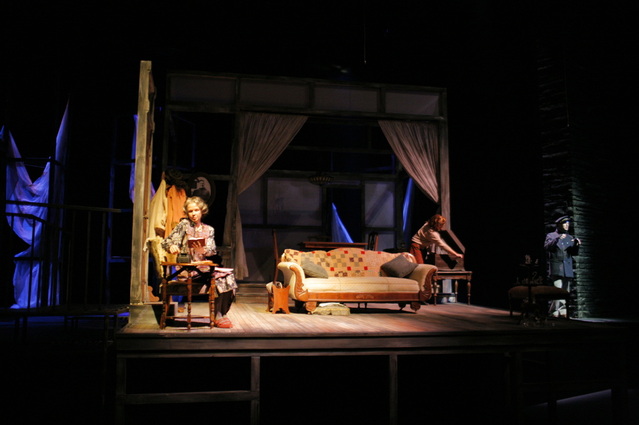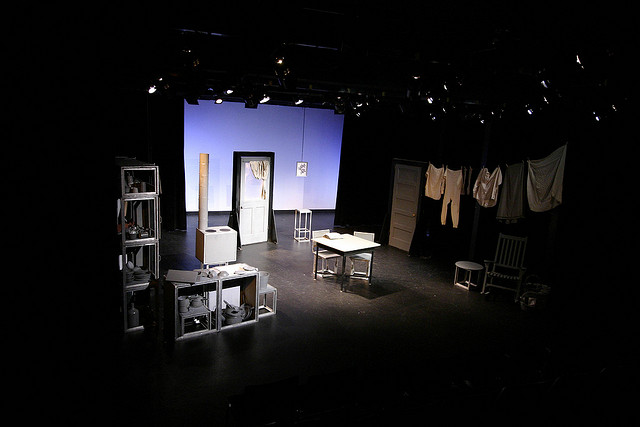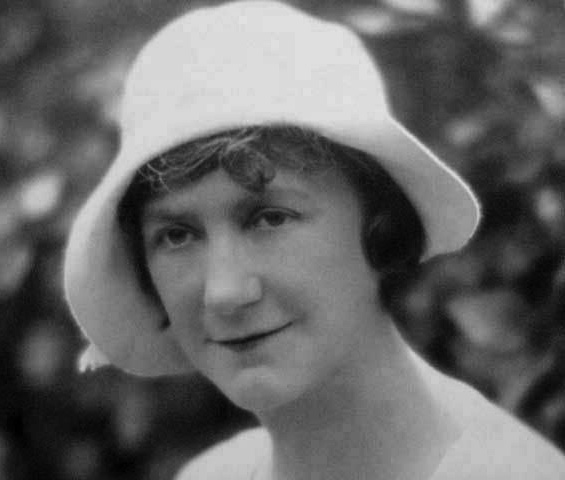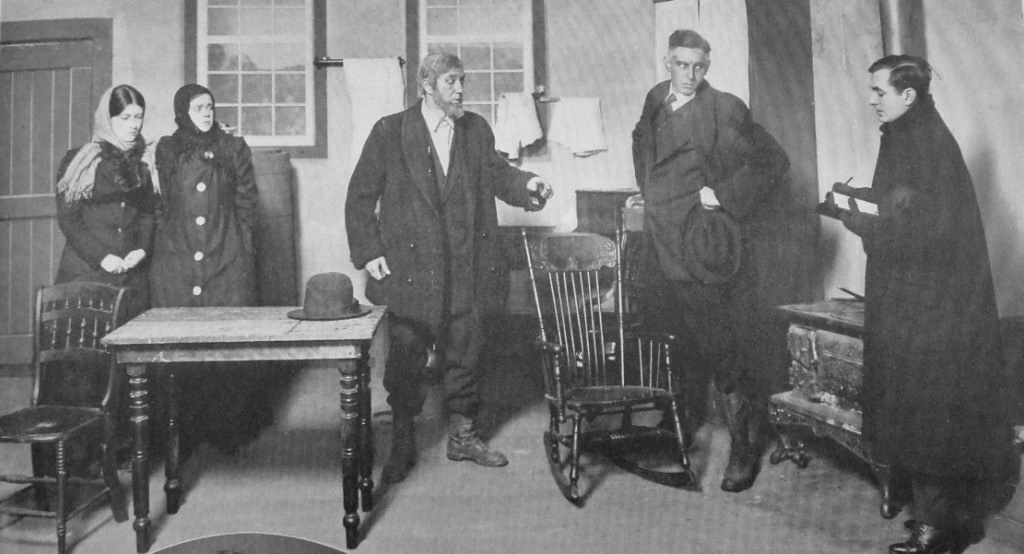- Modern plays, and Tennessee Williams’ in particular, are often intensely dialogue-driven and often include minimal stage directions and sets. Consider how either stage directions or props help develop the theme(s) of one of the plays we read. You may not choose the glass menagerie as a prop to develop the theme for dreams/fantasy/illusions. However, all other props are available: the father’s portrait, the victrola, the furniture, etc. You may use multiple props within one argument but your essay should not list an analysis of several props (the furniture represents this….. the photos on the wall represent this….the clothing represents this….) Avoid the obvious: “the shabby apartment , furnishings and clothing represents the poverty of the Wingfield family.”
- Trifles is about small things which “say” a lot, what do we learn about the other characters, the plot, or something else through these small things which are overlooked by the male characters? Stage directions focus the attention on the character/actor’s movements. How is a character developed through their movements in or relationship to the physical space of the set? How is a particular theme developed through stage directions that we could not get through dialogue alone?
- Compare and contrasts the images of the sets for Trifles and The Glass Menagerie. Why do you think that these sets are so sparse? How does that sparseness do signifying work in the plays? How does the physical space of modern theater affect the way that you judge Tom and Mrs. Wright?
- Does Glaspell seem to think that justice has been achieved by the end of Trifles? Whether or not you think Mrs. Hale and Mrs. Peters were right for hiding the evidence from the men, how does the play make you want to see it one way or another? You might consider how the plot develops, the stage directions impact our understanding of central conflicts in the play, or certain items seem loaded with symbolic meaning. How do these literary devices make the reader consider justice from a certain point of view?
And this final paper prompt is one that I liked a lot--but it's putting The Glass Menagerie into dialogue with Shakespeare instead of with Glaspell. Even though it's a bit off-topic, I thought I would share it with you!
- Compare and contrast the theme of dreams in the two plays we read in our class, A Midsummer Night’s Dream and The Glass Menagerie. How does reading the two texts together give you insight into the kind of statement about dreams that one of the plays is making? We spoke at length about how the dreamers in The Glass Menagerie can seem to be both courageous and selfish—and how the play presents dreams as either necessary or dangerous. Does that discussion of dreams affect how you think about the types of dreamers in A Midsummer Night’s Dream, whom Theseus helpfully lists as lovers, madmen, and poets? Alternatively, does thinking about the ambiguity regarding whether or not the dreamers in the forest outside of Athens learn from their journey help you to conceptualize whether or not Tom has learned anything as he presents his memory play to us?




 RSS Feed
RSS Feed